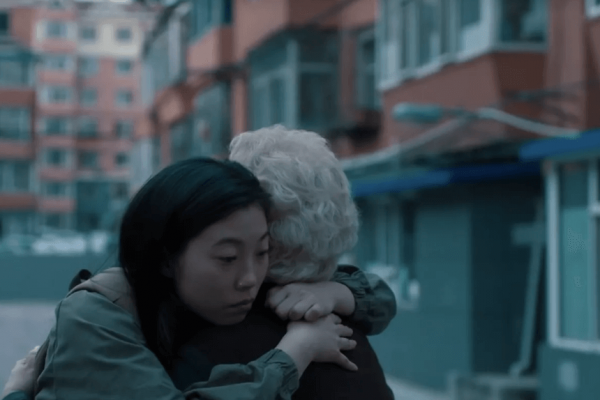Jul 30, 2019
The film challenges Western beliefs about familial and individual responsibility, as well as the often-unrecognized personal sacrifices we make for the ones we love.
Read the Full Article

Already a subscriber? Login

The film challenges Western beliefs about familial and individual responsibility, as well as the often-unrecognized personal sacrifices we make for the ones we love.
